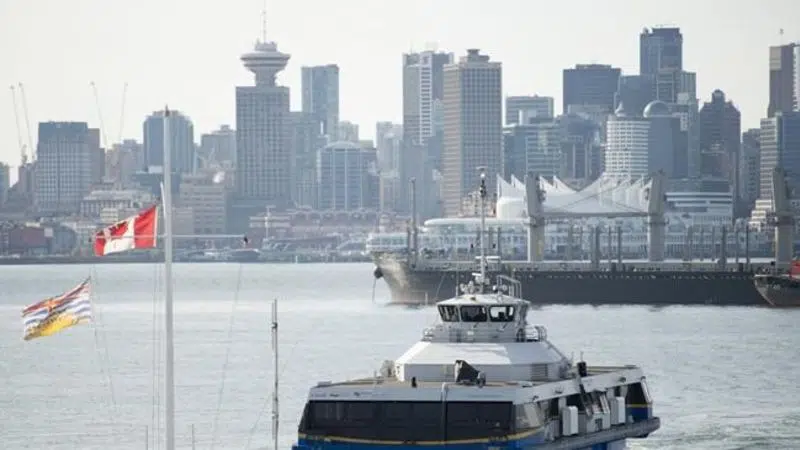
No buses in Metro Vancouver for 3 days as labour minister urges resolution
VANCOUVER — The union representing almost 5,000 Metro Vancouver transit employees has announced a three-day shutdown of bus service next week as British Columbia’s labour minister urges both sides to return to the bargaining table.
Unifor spokesman Gavin McGarrigle said job action against Coast Mountain Bus Company, which handles transit on behalf of TransLink, follows an overtime ban by mechanics and drivers and means buses will remain parked next Wednesday, Thursday and Friday.
“No members of Unifor Local 111 and 2200 will report for work on those days,” he said. “Picketing will begin at all locations and we expect a complete shutdown of the Metro Vancouver bus system as a result.”
He said picket captains are being trained and will ensure peaceful protests during the three days, adding the union will host a public rally against TransLink at the company’s headquarters in New Westminster next Thursday, the same day the TransLink Mayors’ Council is scheduled to meet there.


